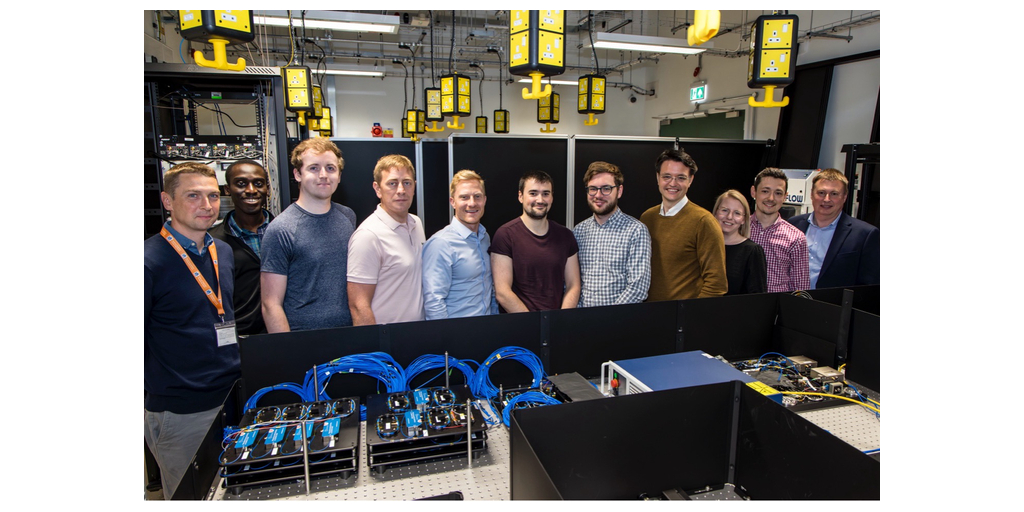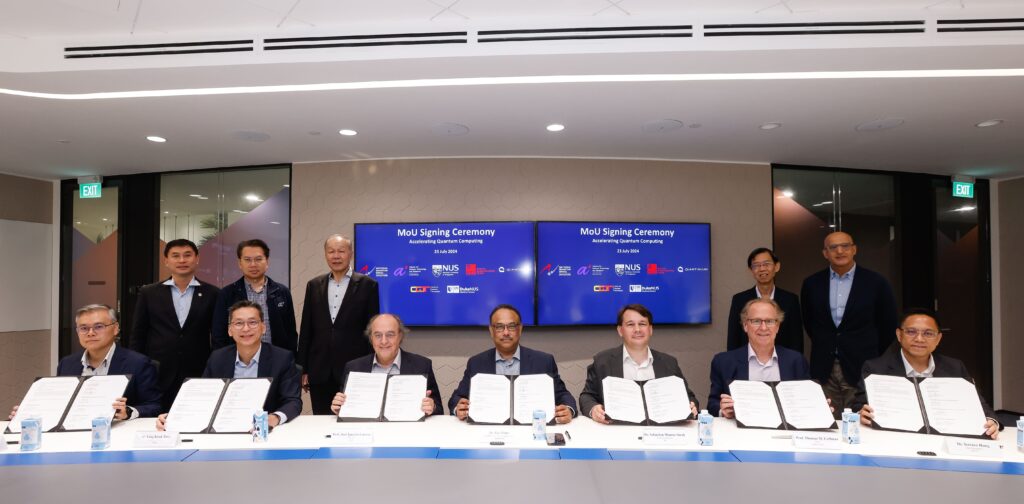
One-Trick Pony
At times, manufacturing a product that has one use, one specification — a one-trick pony, if you will — can pay off but at other times can be the difference between winning and losing.
In today’s cutthroat business environment, flexibility is key, especially with product lines of manufacturing and all the costs they can incur, with the added worry of often small profit margins. Products like Listerine (originally an anti-septic) and WD-40 (whose initial purpose had been for lubricating nuclear missiles during the Cold War era) had on their genesis one use and one use only. Thankfully for those companies’ owners, shareholders and employees, the products managed to find, over time, other, more practical uses, and have been selling like hotcakes ever since.
To have all your ‘eggs in one basket’, as the saying goes, can regularly end in failure if you’re not quick to adapt — this is more pertinent in the tech industry, and chiefly in the hardware sector where costs of production can skyrocket very quickly.
This is the case in quantum information science (QIS) and quantum computing (QC), too, a hard tech industry with still many unknown variables regarding research, unit costs and gross profit margins of hardware products.
Flexibility Key
A good way to combat this and lower the risk is by manufacturing a product that is general-purpose, rather than task-specific.

And one startup, based in Valencia, Spain, may just have a solution in integrated photonics. iPronics, founded at the beginning of 2020 as a spinoff from researchers at the Photonics Research Labs, iTEAM Research Institute, Universitat Politècnica de València, is doing this by creating flexible and adaptable solutions in field-programmable photonic gate arrays (FPPGAs). This technology has the potential to advance many fields, including optical communications, sensing, microwave photonics, as well as general linear processing for classical and quantum applications.
That’s a lot of things, isn’t it?
“Its value proposition lies in the fundamental cost advantage that comes with the repeated manufacture of the same hardware architecture.”
— iPronics
iPronics
The startup’s founders, Ivana Gasulla, Jose Capmany, Daniel Pérez López, and Prometheus DasMahapatra full-heartedly believe integrated photonics with FPPGAs have a market because ‘the fundamental cost advantage that comes with the repeated manufacture of the same hardware architecture’ is a no-brainer.
Although barely into its first year, iPronics is already making waves: back in July, the startup was selected as one ‘to watch’ in the first edition of the Spinoff Prize, sponsored by Nature Research and the German multinational pharmaceutical company Merck. A few months later, the startup received a grant by the Valencian Institute of Business Competitiveness (Institut Valencià de Competitivitat Empresarial, IVACE) in the framework of the Program “Creación de empresas de base tecnológica (CREATEC-CV)” to carry out the project SMARTLIGHT in 2020–2021.
Accolades and grants aside, iPronics and its team know the hardest work is still ahead of them.
Ivana Gasulla is iPronics’ CIO. With a Ph.D. in telecommunications from the Universitat Politecnica de Valencia, she has also spent time as a postdoctoral Fulbright scholar at the Ginzton Laboratory at Stanford University.
COO Capmany has two Ph.Ds., one in telecommunications from Universidad Politecnica de Madrid and another in physics from the Universidade de Vigo. Before that, he co-founded another company, VLC Photonics. Currently a professor of photonics and optical communications at the Universitat Politècnica de València (UPV) — where he has taught for nearly twenty-five years — he has also taken part in ThePowerMBA program.

Pérez López is iPronics CTO. With a Ph.D. in telecommunications, he also did a stint working at one of QC industry’s pioneers in silicon quantum photonic chips, Xanadu, before leaving to commit to iPronics.
Chief product officer (CPO) is DasMahapatra. Like his two cofounders, he has a Ph.D. in photonics integrated circuits which he received from the Eindhoven University of Technology, the Netherlands. His industry experience comes from ASML, a world leader in the semiconductor industry, as an industrialization engineer.
With its team in place, iPronics is gearing up to be a distinguished player in ‘software-defined optical hardware capable of performing multiple tasks’ that one day could change the face of QIS and QC.
For more market insights, check out our latest quantum computing news here.




















